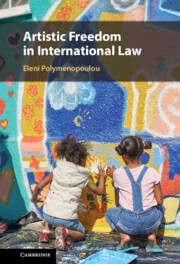The terrorist attack against the satirical weekly newspaper Charlie Hebdo and the subsequent hostage-taking in the kosher supermarket in Paris on the 7th and 9th January 2015 profoundly shocked the French public. The term ‘conspiracy theory’ very rapidly came to be used in the media to account for accusations of a ‘false flag operation’ and for the circulation of doubts concerning certain details relating to these events. The use of the term ‘conspiracy theory’ in these contexts seemed to show up an extremely broad application of it, an application, which, in some cases, was accompanied by a rather impassioned approach to the events and one not always free from ideological presuppositions which aligned phenomena which, even though linkages between them could be shown, should more properly be distinguished one from another.
This article proposes to examine the media and institutional applications of this term during the episode of the ‘anti-conspiracy theory panic’, which followed upon the Paris incidents. This study will permit the very notion of ‘conspiracy theory’ to be brought into question, both on the level of definition and from a heuristic perspective.


